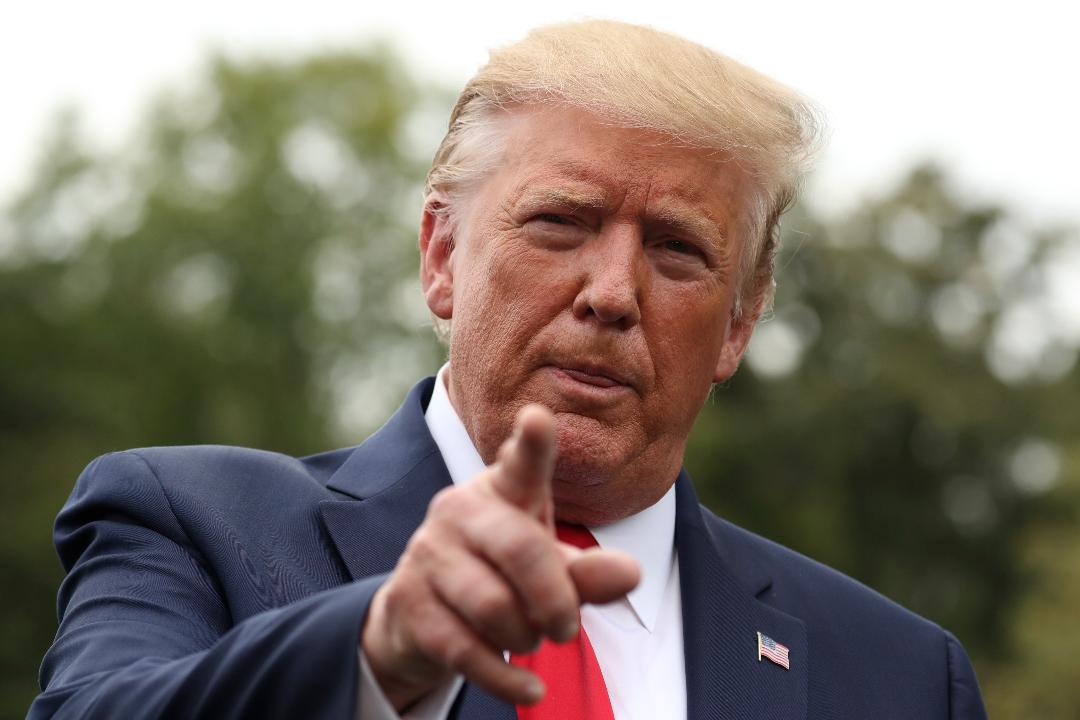China trade war: US companies yank money from country at faster pace
The American Chamber of Commerce in Shanghai said Wednesday U.S. companies are steering business away from China at an increasing rate amid the escalating trade war between Washington and Beijing.
More than a quarter (26.5 percent) of the 333 respondents to AmCham’s annual survey said they have redirected investment away from China over the past year, up 6.9 percentage points from 2018. Technology, hardware, software and services companies (40 percent), industrial manufacturing (37.1 percent) and chemicals (36.7 percent) were the most likely to look elsewhere.
“The causes are manifold, but include a need to guard supply chains from any further deterioration in U.S.-China trade relations and attendant tariffs; a Chinese regulatory environment that still favors domestic companies; and growing labor and material costs in China,” AmCham said.
One-third of respondents said revenue was down by as much as 10 percent due to U.S. tariffs on Chinese goods while 13 percent said revenue fell by up to 20 percent. Five percent of respondents said revenue was off by more than 20 percent.
AmCham found 13.1 percent of respondents directed investment to Southeast Asia, the biggest beneficiary, with India (7.6 percent) and the United States (5.5 percent) rounding out the top three.
The survey, which was conducted with PwC, was administered between June 27 and July 25 – during the period when President Trump and Chinese President Xi Jinping had reached a trade war ceasefire.
It’s not just U.S. companies that are moving away from China. A recent analysis by the Tokyo-based investment bank Nomura looked at a sample of more than 50 manufacturers that have left the country, including local companies, and found their departures will have major implications for the economy.
Losing business and investment is just one thing Beijing will have to consider when trade talks restart in October.
China’s economy was already slowing down before the trade war began when Trump on March 1, 2018, announced tariffs on imports of steel and aluminum. It grew between 6.6 percent and 6.7 percent for the two years from mid-2016 to mid-2018, before slowing to a 6.2 percent growth rate in the second quarter of this year.
“It is not just short-term trade diversion; medium-term production relocation has also started,” Nomura research analysts Sonal Varma and Michael Loo wrote in a note published Wednesday.
Despite the headwinds in China, there are still some areas of optimism from U.S. businesses.
Pharmaceutical companies expressed confidence over revenue growth in China last year. Additionally, 69.2 percent of food and agricultural companies plan to increase investment in the year ahead, AmCham found.
Even so, companies are expecting the trade war to persist for some time, with more than 65 percent of respondents saying they expect the conflict to continue for at least another year.
CLICK HERE TO READ MORE ON FOX BUSINESS
“Still, with no sign of a trade agreement, 2019 will be a difficult year; without a trade deal, 2020 may be worse,” AmCham's survey said.




















